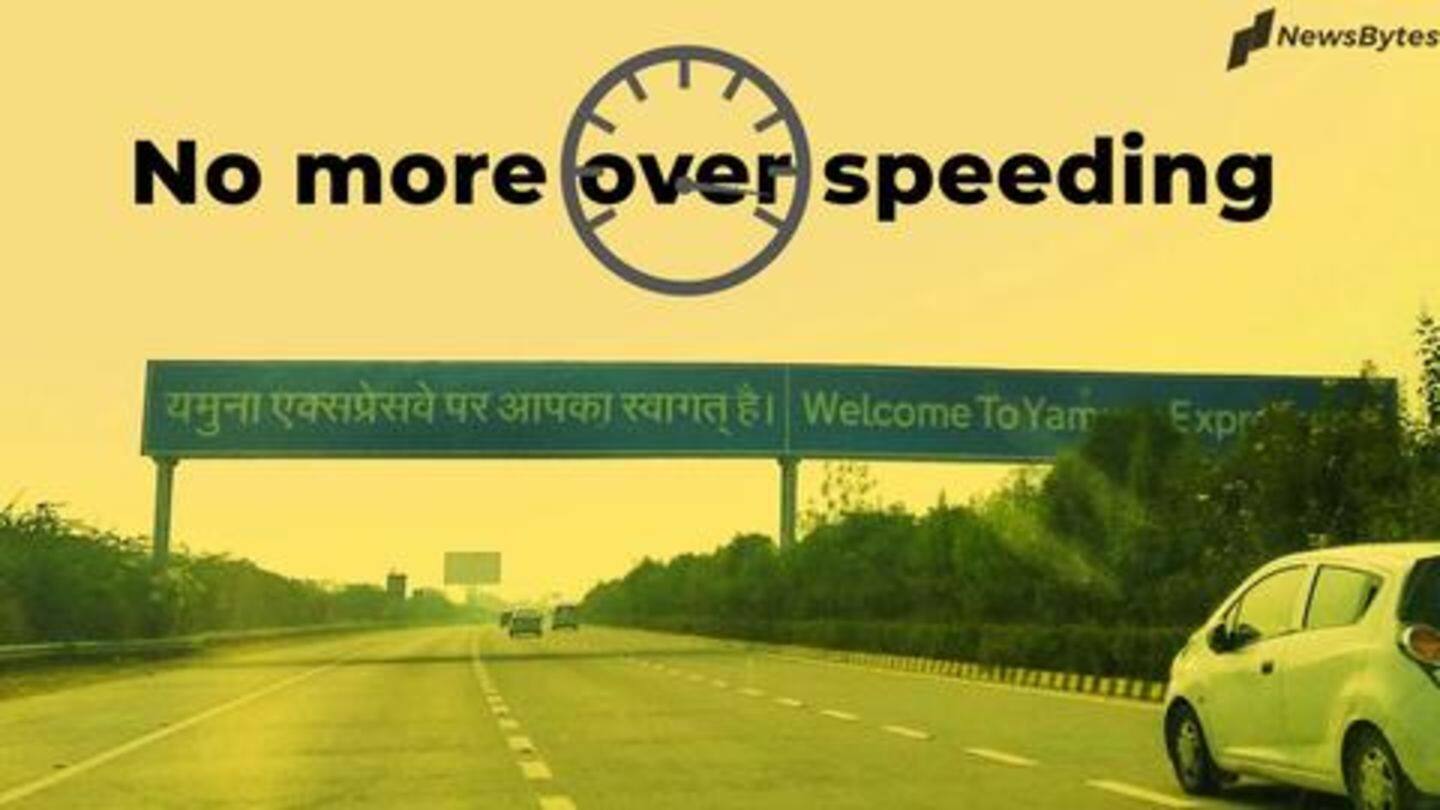
Pay fine if you cover Agra-Lucknow Expressway within three hours
What's the story
The Agra-Lucknow Expressway was built to ease traveling and improve connectivity. But off late, the highway has turned into a death trap mostly due to over-speeding vehicles. And now, the Uttar Pradesh government has come up with a rather weird plan to check errant drivers. Those who cover the 302 km long stretch in less than 3 hours, will have to pay a fine.
Speed limit
There's already a speed limit but drivers rarely pay heed
The decision was announced on Sunday by Uttar Pradesh Expressways Industrial Development Authority (UPEIDA), which has already put a speeding limit on the highway. While cars can't travel beyond 100 kmph, the speed limit for heavy vehicles is 60 kmph. However, there have been enough incidents on the expressway which show no one is paying attention to the rules set by UPEIDA.
Plan
After process started, 25 drivers were fined
Divulging details on the new proposal, UPEIDA Chief Executive Officer Avnish Kumar Awasthi said vehicles will be checked at two toll plazas- Lucknow and Agra. "If any vehicle is found to have covered the distance between Agra and Lucknow or vice versa in less than three hours, then it will be slapped with an e-challan," Awasthi said. On Sunday itself, 25 commuters were fined.
Quote
UPEIDA is turning towards technology to make process work
"High tech equipment, including camera, which can detect over-speeding and read number plate have been installed on milestone 21 (Agra) and 290 (Lucknow) to issue e-challan to those drivers who overspeed on the expressway," Awasthi said.
Data
Many accidents in the past; overspeeding is the culprit
According to data, as many as 250 people died in the last 23 months on the Expressway. Moreover, an RTI reply in March revealed that 1,966 accidents took place on the Expressway between August 1, 2017, and December 31, 2018. Out of these, stray animals caused 145 accidents. In all other cases, the culprit was either tire burst, overspeeding or sleeping drivers.
Personal
The law looks ill-thought through
Ideas are dime a dozen, and the key lies in execution. If the government could not keep the over-speeding drivers in check, it remains to be seen how this ill-thought through new law can bring any meaningful change.